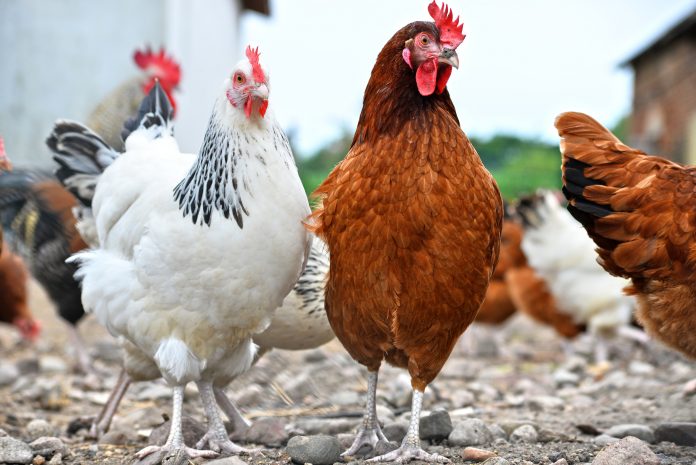
Recently, it has been observed that songbirds in Ohio are being affected by a disease. The primary species affected at this time are blue jays, common grackles, European starlings, American robins, and house sparrows.
Ohio counties experiencing the bulk of the outbreak so far include Brown, Butler, Clark, Clermont, Delaware, Franklin, Greene, Hamilton, Montgomery, and Warren counties.
No definitive cause(s) of illness or death have been determined at this time. The Ohio Department of Natural Resources advises that people stop feeding birds, and take down and clean bird feeders and birdbaths with 10 percent bleach solution, particularly if they are seeing sick/dead birds in their area (as recommended by USGS). Doing these things can help slow the spread of the disease.
If you find an alive/diseased bird – If you observe sick birds with these symptoms and/or neurological issues (such as loss of balance, coordination) then contact your nearest licensed wildlife rehabilitator.
If you find a dead/diseased bird – The Ohio Division of Wildlife appreciates reports of dead birds that exhibit symptoms such as crusty, bulging, or sunken eyes. Submit a report online in the Ohio Division of Wildlife Species Sighting reporting system to help biologists track the spread of the disease. When reporting, select Bird – Diseased or Dead.
Submit a Diseased/Dead Bird Report
You can also include photographs or videos with your report, as well as latitude and longitude coordinates to help wildlife biologists quickly verify the sighting. Remember to always view wildlife from a respectful distance for your safety as well as the safety of the animal.
To dispose of dead birds, place in a plastic bag, seal, and discard with household trash or alternatively bury them deeply.
Poultry owner advisories
With recent reports of sick and dying songbirds in Ohio and surrounding states, the Ohio Department of Agriculture and the Ohio Department of Natural Resources are encouraging hobby and backyard poultry owners to take steps to protect their flocks.
In an effort to deter the yet-unidentified source of illness and death, ODNR is advising Ohioans to stop feeding wild birds and remove and clean bird feeders, particularly if they are seeing sick and/or dead birds in their area.
“Presently, we are not sure what is causing these illnesses and deaths in songbirds,” said Dennis M. Summers, DVM, DACVPM, Interim-State Veterinarian for Ohio. “We are communicating with ODNR to assist in the reporting of sick and dying birds. Laboratory testing is being conducted, but the cause has not yet been determined.”
Poultry owners are encouraged to protect their chickens, ducks, turkeys, and other domestic species from any potential exposure to wild birds.
“Prevention is the best strategy at this point. Maintain good biosecurity practices to reduce the risk to your flocks,” said Summers. “Biosecurity refers to everything that owners do to keep diseases away from their flocks. It is an active effort that owners can practice every day.”
Good biosecurity practices include keeping visitors to a minimum, washing your hands before and after contact with live poultry, and using disposable boot covers or disinfecting boots after contact with flocks.
Poultry owners are advised to clean and sanitize feeders, waterers, and other equipment. In addition, owners should monitor for dead or dying wild birds on the property and reduce exposure to feral animals that may carry dead birds to your property. Keep poultry in a fenced space and contain them to the coop or barn when possible.
“It is critical that flock owners look for signs of illness and report any unusual illnesses in your birds,” said Summers.
If your birds are sick or dying, call a local veterinarian, cooperative extension service, or state veterinarian’s office (614-728-6220). You can also call the USDA sick bird reporting line, toll-free at 1-866-536-7593.
More information about good biosecurity practices for hobby poultry flocks is online at: USDA APHIS | Defend the Flock – Biosecurity 101
***
Metro Monthly is a local news and events magazine based in Youngstown, Ohio. We circulate throughout the Mahoning Valley and offer print and online editions. Be sure to visit our publication’s website for news, features and the Metro Monthly Calendar. Office: 330-259-0435.
© 2021 Metro Monthly. All rights reserved.




